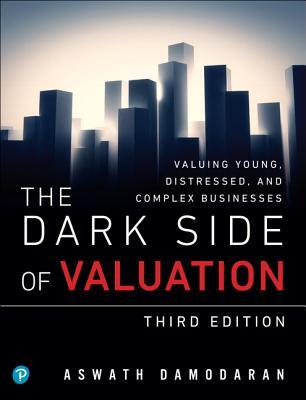hi, can you pls answer 11-20? thank you!

Alan is a general manager at a restaurant. As part of his employment contract, he has the authority to buy supplies, hire employees, put ads on the radio, engage a cleaning service, pay bills, etc. These duties are examples of his authority. a. actual express b. actual implied c. actual apparent d. constructive implied Question 12 (2.5 points) Liability that is incidental or arises because of business custom is authority. a. express b. implied c. ostensible d. both express and implied Incidental authority is also known as authority. a. constructive b. implied c. apparent d. ostensible Question 14 (2.5 points) Ostensible authority is also known as authority. a. constructive b. absolute c. apparent d. incidental The authority that a principal leads a third party to believe exists, when there is no actual authority granted by the principal to the agent, is authority. a. apparent b. implied actual c. express actual d. constructive implied Question 16 (2.5 points) An employer can terminate an employee for which of the following reasons? a. Gender b. Filing a workers' compensation claim c. Theft d. Whistleblowing An exception to at-will employment that applies when an employee is terminated for refusing to perform an illegal action is the exception. a. ad-hoc policy b. advisory at large policy c. employment policy d. public policy Question 18 ( 2.5 points) Which of the following is NOT allowed by the employment-at-will doctrine? a. An employee may resign without providing a two-week notice. b. An employee may resign only after providing a two-week notice. c. An employer may fire an employee at any time for any reason. d. An employee may quit at any time for any reason. The public policy exception to at-will employment CANNOT be based on provisions in which of the following? a. The Constitution b. Case law c. Statute d. Administrative law Question 20 (2.5 points) Which of the following is NOT considered a public policy exception? a. The employee committed an illegal act with free will. b. An employee was asked to commit an illegal act. c. The employee was threatened with termination for not performing an illegal act. d. The employee's actions that counter the wishes of the employer create a public benefit












